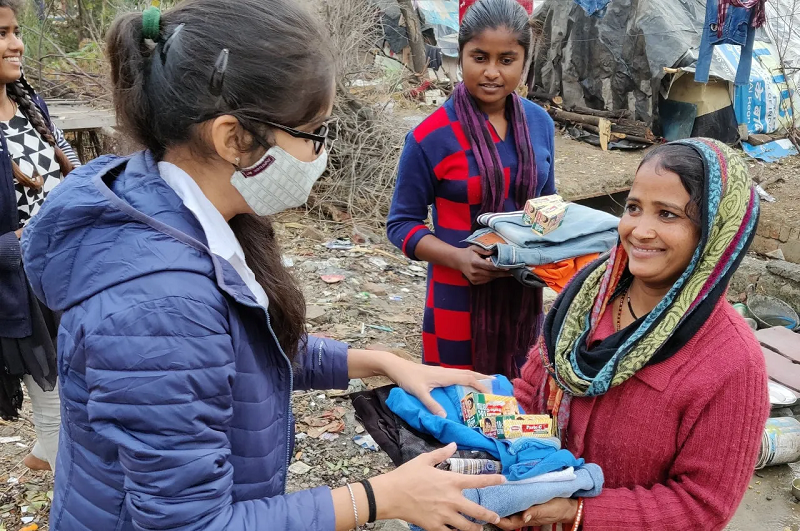A shocking relationship has emerged between male infertility and the risk of cancer in the family. In a recent study, researchers have found that the families of men who have trouble having children may have a higher risk of developing certain types of cancer. These cancers can be associated with bones and joints, colon and testicles.

Till now it was known that men struggling with infertility themselves are at higher risk of cancer, heart disease and autoimmune diseases. But in the new study, researchers tried to know whether their families also face the same danger? The results of the study may be helpful in personally assessing the risk of cancer, which may lead to success in cancer prevention. Additionally, it may encourage more dialogue between families and doctors of men experiencing infertility.
Algorithmic assessment of cancer risk
The study found that families of men struggling with infertility had the highest risk of cancer of bone and joints, soft tissue, colon and testicles. Researchers used the Utah Population Database for this study, which contains genetic and public health information.
Victim's family included in study
The researchers included parents, siblings, children as well as uncles, aunts, maternal uncles and cousins of men suffering from infertility. Researchers say that since genetics, environment and lifestyle are similar among family members, it becomes easier to identify the factors that affect the risk of cancer.
Way to reduce cancer risk
The lead researcher of the study, Jamie Ramsay, says that once the general risk of cancer in the family is assessed, the causes of cancer can be evaluated more accurately. Researchers studied different types of cancer and developed an algorithm by identifying 13 specific patterns. These patterns were explained by looking at risk factors for multiple cancers that were similar across families, rather than looking at individual cancers. Ramsay says that both cancer and infertility are serious diseases. This approach helps create similar groups of families, making it easier to figure out why a family is at greater risk for certain diseases than others.

Still more research needed
Joemi Ramsay further said that although the link between male infertility and cancer risk is not fully understood, it is important to discuss these issues with families and seek advice from doctors. More research is needed in the future to understand the causes of cancer. With this, more personalized methods of treatment, screening and prevention can be developed.
(PC: Freepik)










